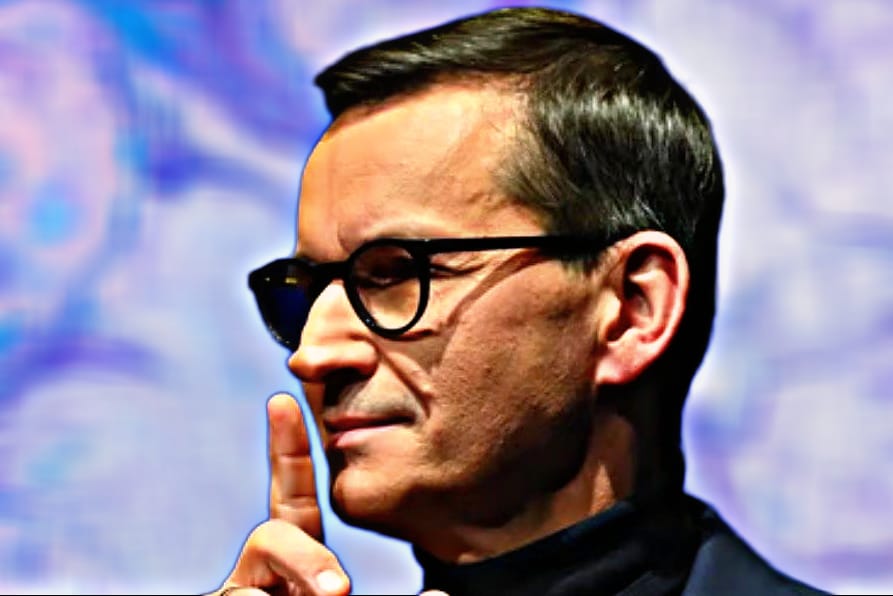Mateusz Morawiecki, the current Prime Minister of Poland, is a figure whose political career has significantly shaped Poland’s trajectory in the 21st century. From his early days as an economist and businessman to his rise as a key figure in Polish politics, Mateusz Morawiecki leadership has been marked by a blend of economic reforms, political controversy, and a commitment to preserving Poland’s sovereignty on the European stage. This article delves deep into Morawiecki’s background, his political career, the economic reforms under his leadership, and his position on European and global issues.
Early Life and Education of Mateusz Morawiecki
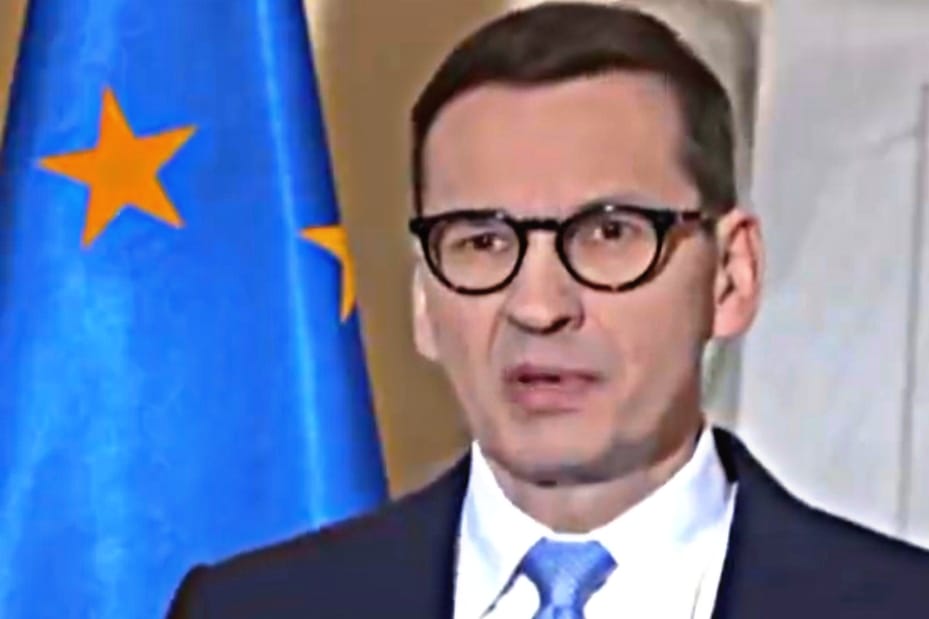
Born on June 20, 1968, in Wrocław, Poland, Mateusz Morawiecki hails from a well-educated and politically active family. His father, Kornel Morawiecki, was an influential figure in Poland’s anti-communist resistance movement and founded the “Fighting Solidarity” group, which played a significant role in Poland’s push for independence from Soviet influence.
Mateusz Morawiecki was an excellent student with a strong academic inclination. He completed his high school education in Wrocław, and then pursued higher education at the prestigious Wrocław University of Economics, where he graduated in 1991. He later went on to earn a doctorate in economics, solidifying his expertise in the field. He further expanded his horizons with studies in the United States at the University of Toronto and the University of Basel, where he developed an understanding of Western economies and global financial systems.
Business Career and Rise to Prominence
Before entering politics, Mateusz Morawiecki built a distinguished career in business and banking. In the 1990s, he began working in the financial sector, joining the private bank Bank Zachodni WBK in 1998. Over time, Mateusz Morawiecki leadership and economic acumen propelled him to senior positions within the bank, including the role of CEO. His success in the financial world and his ability to navigate Poland’s complex post-communist economy earned him recognition as one of Poland’s leading economists.
Under Morawiecki’s leadership, Bank Zachodni WBK underwent significant restructuring and modernization. He was instrumental in overseeing the bank’s transformation into one of Poland’s largest financial institutions, and his ability to manage large-scale financial operations solidified his reputation as a capable and visionary leader. His time in banking also gave him deep insights into the workings of Poland’s economy and global financial markets—insights that would serve him well in his political career.
Transition to Politics
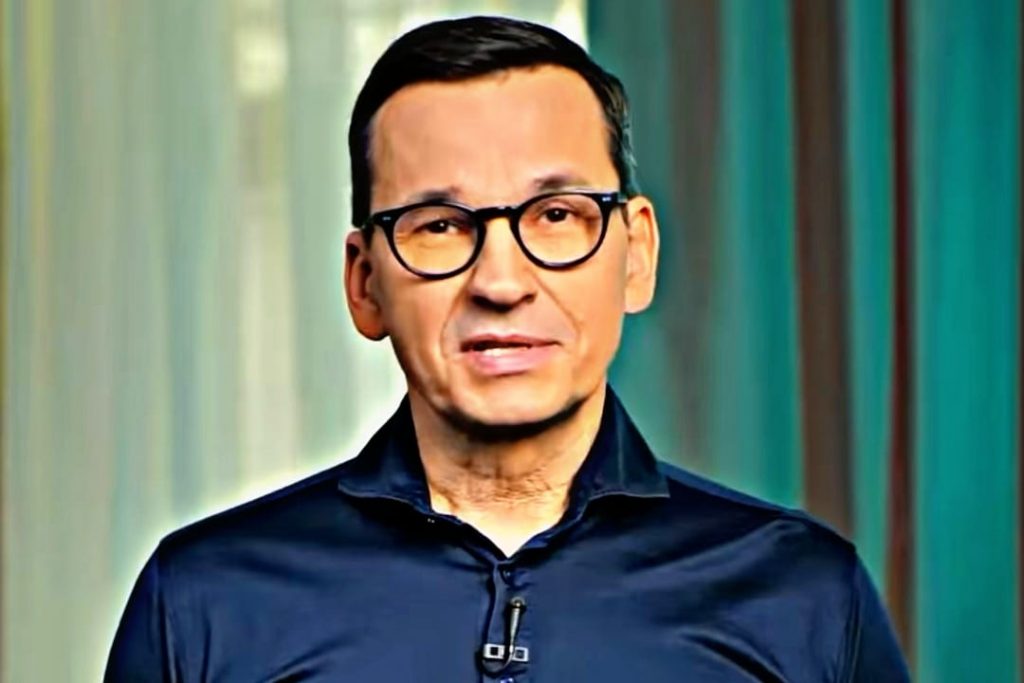
Mateusz Morawiecki transition from business to politics was not unexpected. His family background in opposition politics and his economic expertise positioned him as a natural choice for a role in public service. In 2015, he was appointed as Poland’s Deputy Prime Minister and Minister of Development in the government of Prime Minister Beata Szydło. During this time, Morawiecki played a key role in shaping Poland’s economic policies, particularly in terms of economic growth, investment, and infrastructure development.
In November 2017, after Beata Szydło stepped down as Prime Minister, Mateusz Morawiecki was appointed as the Prime Minister of Poland by President Andrzej Duda. His appointment was seen as a strategic move by the ruling Law and Justice Party (PiS), as Mateusz Morawiecki combination of economic expertise and political experience was considered crucial to navigating the complex economic and geopolitical challenges facing Poland at the time.
Economic Policies and Reforms Under Mateusz Morawiecki Leadership
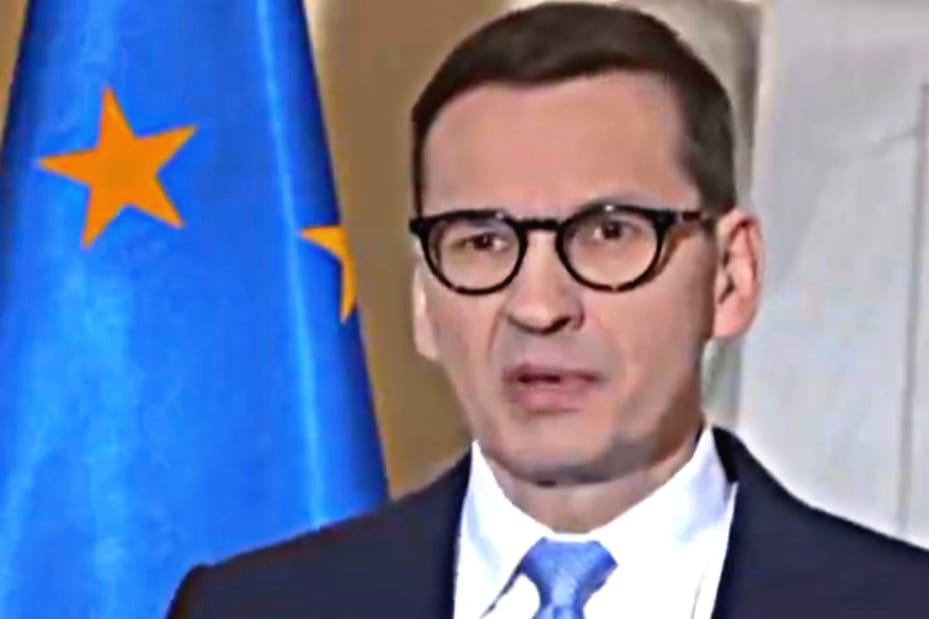
One of Mateusz Morawiecki hallmark achievements as Prime Minister has been his focus on economic reforms. He has worked to modernize the Polish economy, attract foreign investment, and enhance the country’s competitiveness in the global market.
1. The “Responsible Development” Strategy
One of Mateusz Morawiecki central initiatives as Prime Minister was the introduction of the “Responsible Development” strategy, which aimed to transform Poland’s economy into one that is more sustainable, innovation-driven, and integrated into global supply chains. The strategy emphasized several key pillars, including technological advancement, innovation, and the creation of a more resilient economy that would be less dependent on external economic fluctuations.
Mateusz Morawiecki vision was clear: to build a Poland that could compete with the most advanced economies of Europe while preserving its unique cultural and political identity. His focus on “smart specialization” aimed to leverage Poland’s strengths, particularly in areas such as information technology, renewable energy, and advanced manufacturing.
2. Tax Reforms and Fiscal Responsibility
Mateusz Morawiecki government implemented several key tax reforms aimed at improving Poland’s fiscal health. A significant reform was the introduction of the “Estonian tax system” in 2021, which aimed to reduce the tax burden on small and medium-sized enterprises (SMEs) while encouraging reinvestment of profits. This move was aimed at stimulating Poland’s entrepreneurial ecosystem and boosting economic growth by making it easier for businesses to thrive.
Additionally, Mateusz Morawiecki focused on reducing the shadow economy and increasing tax compliance, which helped Poland raise significant additional revenue. The government also introduced several measures aimed at ensuring more equitable wealth distribution, such as the social programs designed to help low-income families.
3. Infrastructure Development
Mateusz Morawiecki has been a strong advocate for modernizing Poland’s infrastructure, with an emphasis on transportation, energy, and digital infrastructure. His government significantly expanded the highway network, improving road connectivity across the country. This development was vital for facilitating both domestic and international trade and mobility.
Moreover, Mateusz Morawiecki championed the development of Poland’s energy sector, emphasizing renewable energy sources as a means of reducing the country’s reliance on coal, which has traditionally been a major part of Poland’s energy mix. This transition is part of Poland’s broader effort to combat climate change while ensuring energy security.
4. Social Programs and Welfare
Another pillar of Mateusz Morawiecki leadership has been the implementation of extensive social programs. The most notable of these is the “500+” program, which provides a monthly allowance to families for each child. This program has been credited with reducing child poverty and increasing the birth rate in Poland, which had been declining for decades.
Mateusz Morawiecki government also introduced a pension reform, seeking to secure the financial future of retirees and ensure the sustainability of Poland’s pension system.
Foreign Policy and Relations with the European Union
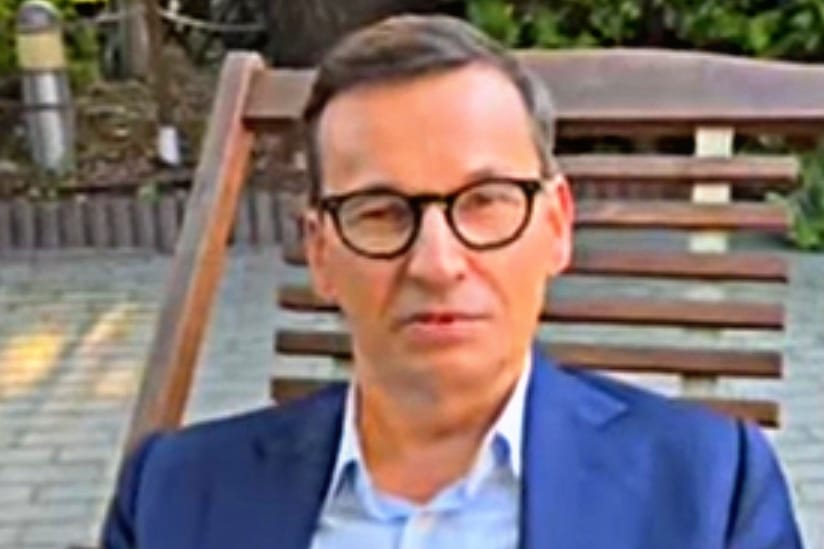
Mateusz Morawiecki’s leadership has been characterized by a strong commitment to Polish sovereignty, particularly in relation to the European Union. While Poland has been a member of the EU since 2004, Morawiecki’s government has often clashed with Brussels over issues such as judicial reforms, media freedom, and the rule of law.
1. Judicial Reforms and EU Tensions
One of the most controversial aspects of Mateusz Morawiecki tenure has been his government’s judicial reforms. These reforms were designed to give the Polish government greater control over the judiciary, a move that the EU and many human rights organizations have criticized as an attack on judicial independence. Mateusz Morawiecki and his government argue that the reforms are necessary to fight corruption and improve the efficiency of Poland’s courts.
However, the European Union has threatened Poland with sanctions and fines, claiming that these reforms violate EU principles regarding the rule of law and the independence of the judiciary. The standoff between Poland and the EU has created tensions, with Morawiecki positioning himself as a defender of Poland’s national interests, even if it means defying EU directives.
2. Poland’s Position on Global Affairs
Mateusz Morawiecki has also been an outspoken advocate for a stronger, more independent Poland on the global stage. His foreign policy priorities have included strengthening Poland’s relationship with the United States and NATO while maintaining Poland’s economic ties with the EU. Mateusz Morawiecki has been a staunch supporter of a strong NATO presence in Eastern Europe, particularly in light of the ongoing conflict between Russia and Ukraine.
Mateusz Morawiecki government has also sought to build stronger economic ties with countries outside the EU, including China and India, as part of a strategy to diversify Poland’s trade relationships and reduce dependence on the European market.
Challenges Faced by Mateusz Morawiecki
Despite his successes, Mateusz Morawiecki leadership has not been without challenges. His government has faced significant opposition both domestically and internationally. Within Poland, opposition parties have criticized his administration’s economic policies, particularly its handling of the COVID-19 pandemic and its approach to social welfare.
Internationally, Poland’s stance on issues such as judicial reform and its position on migration has strained relationships with several EU member states, particularly in Western Europe. Mateusz Morawiecki government has consistently rejected EU quotas for refugee resettlement, arguing that Poland’s security and cultural identity would be undermined by mass immigration.
Moreover, the ongoing economic and political tensions with the EU have created a difficult environment for Mateusz Morawiecki government as it seeks to balance the need for national sovereignty with the benefits of EU membership.
Mateusz Morawiecki: A Visionary for Poland’s Future
Mateusz Morawiecki’s leadership has had a profound impact on Poland’s political and economic landscape. As Prime Minister, he has championed reforms aimed at modernizing the economy, improving social welfare, and preserving Poland’s sovereignty in the face of EU pressure. His leadership has been marked by both innovation and controversy, with his government’s bold economic policies and firm stance on judicial reform standing out as key defining features of his tenure.
While Mateusz Morawiecki policies have often put him at odds with the European Union, he remains a strong proponent of Polish national interests and sovereignty. Whether his vision for Poland’s future will succeed in the long term remains to be seen, but there is no doubt that he has reshaped the political and economic landscape of Poland in ways that will influence the country for years to come.
In the coming years, Poland will face significant challenges, both domestically and internationally. However, with Mateusz Morawiecki at the helm, Poland is poised to continue its path of economic modernization and assertive political leadership on the global stage.

